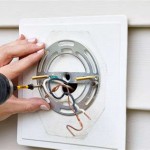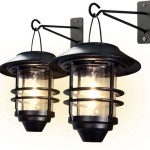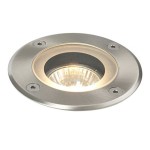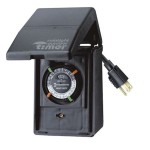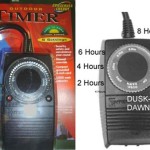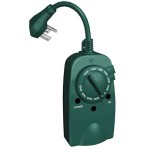Essential Aspects of Outdoor Lighting Requirements for Residential Properties
Outdoor lighting is an essential aspect of home safety, security, and aesthetics. Properly designed and installed lighting can improve visibility, deter crime, and enhance the overall ambiance of your outdoor spaces. To ensure optimal functionality and visual appeal, it's crucial to consider key requirements when selecting and installing outdoor lighting.
This article explores essential aspects of outdoor lighting requirements for residential properties, providing valuable insights to guide your decision-making process.
Essential Aspects of Outdoor Lighting Requirements
1. Purpose and Functionality: Determine the primary purpose of your outdoor lighting, whether it's for safety, security, ambiance, or a combination thereof. Consider the specific areas that need illumination, such as pathways, entrances, driveways, and landscaping.
2. Light Fixtures: Choose fixtures that are designed for outdoor use and can withstand weather conditions. Consider the style, size, and materials that complement your home's architecture and landscaping.
3. Light Source: Select energy-efficient light bulbs that provide adequate illumination without excessive glare. Consider LED bulbs for their longevity, energy savings, and color rendering capabilities.
4. Placement and Spacing: Plan the placement of light fixtures to create balanced illumination. Avoid over-crowding or leaving dark spots. Consider the height and angle of each fixture to optimize light distribution.
5. Control and Automation: Incorporate timers, motion sensors, or remote controls to automate lighting for convenience, energy efficiency, and security. Consider smart lighting systems for advanced control and integration with home automation.
6. Safety and Security: Ensure lighting fixtures are installed securely and comply with building codes. Use motion-activated lights to deter potential intruders and improve visibility around the property.
7. Aesthetics and Landscaping: Choose lighting fixtures that complement your home's style and enhance the aesthetics of your outdoor spaces. Consider uplighting trees and shrubs to create dramatic effects and enhance landscaping.
8. Maintenance and Inspection: Regularly inspect your outdoor lighting system for any damage, loose connections, or burnt-out bulbs. Clean fixtures as needed to maintain their performance and appearance.
By carefully considering these essential aspects, you can design and install an outdoor lighting system that meets your specific requirements, enhances safety and security, and creates a welcoming and visually appealing environment for your home and family.

10 8 9 Residential Outdoor Lighting Regulations

Outdoor Lighting Guide Delmarfans Com

Design Guide For Your Home S Outdoor Lighting

An Architect S Guide To Outdoor Lighting Architizer Journal

Residential Landscape Outdoor Lighting Faq

14 Tips Planning Outdoor Lighting Even If You Re Not A Pro

Outdoor Lighting Installation In Dc Md Va

Outdoor Lighting Fixtures Guide Houston Lightscapes

Residential Outdoor Lighting Innovative Light Designs

Outdoor Lighting Standards Planning Development
Related Posts

